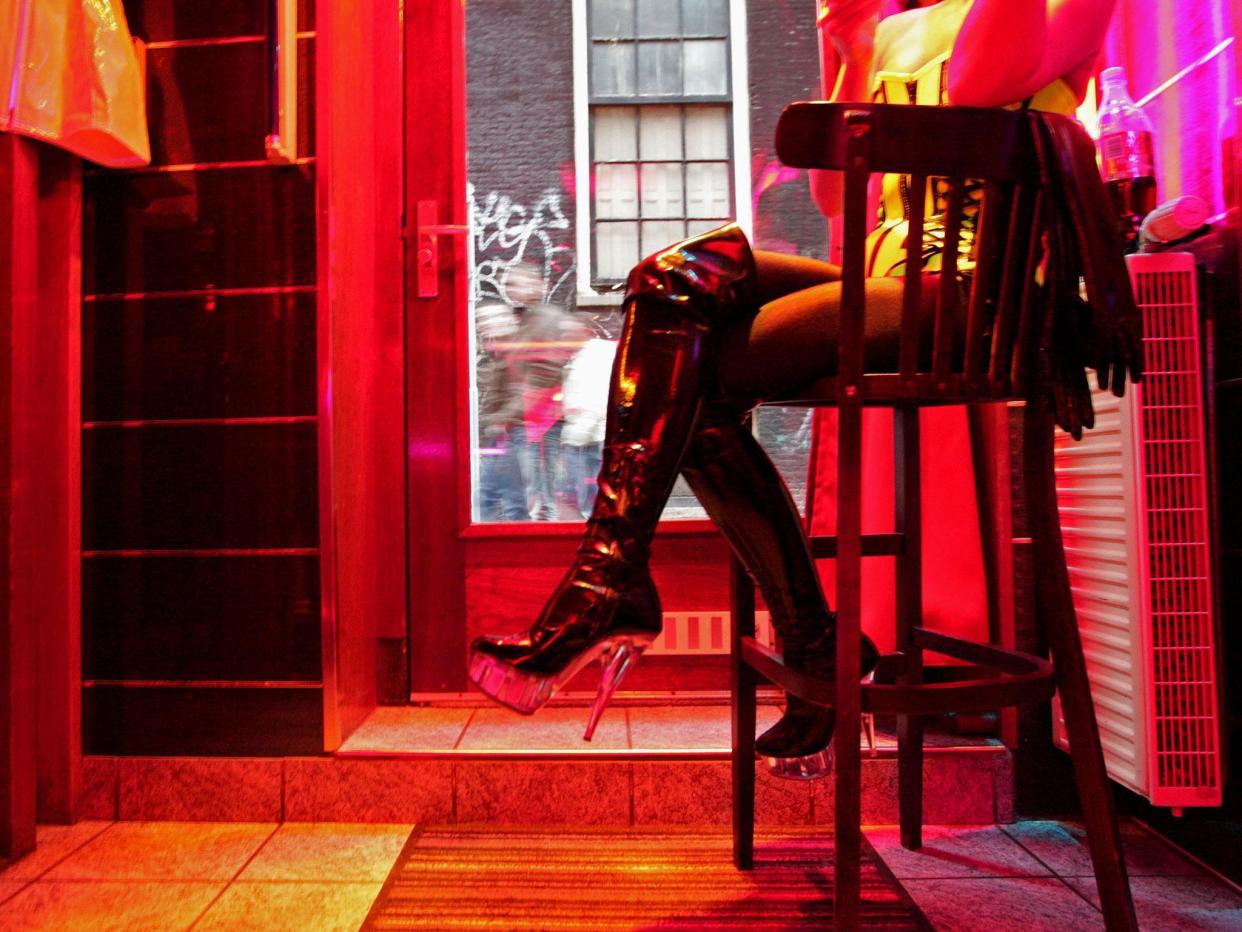The queer argument for the decriminalisation of prostitution and pimping just doesn’t stand up to scrutiny

In recent decades, so-called “sex workers’ rights” campaigns to decriminalise pimping and sex buying have piggybacked onto lesbian and gay liberation struggles (or, if you wish to be a la mode, LGGBDTTTIQQAAPP). In many ways it makes sense for the pro-prostitution movement to present itself as part of a proud social justice campaign, as it helps perpetuate the myth that prostitution is liberating.
I have heard, on numerous occasions, pro-prostitution lobbyists compare the campaign to legalise pimping, brothel owning and sex buying with the successful campaign for partial decriminalisation of homosexual acts in 1967. As a lesbian who has always been out and proud, I find this analogy as offensive as it is duplicitous. Prostitution benefits men who wish to colonise women’s bodies, while being able to escape the shackles of compulsory heterosexuality is about personal freedom to define one’s own sexuality.
“Fun feminists” have long supported the pro-prostitution lobby, buying the lies that prostitution can be “sexually liberating” for women, and somehow lends its voice to other campaigns against patriarchal control of our bodies. The Sex Workers Alliance of Ireland, for example, directly stated last year that there was a close alignment between the pro-choice movement and the campaign to decriminalise pimping and sex buying. The argument used by SWAI was that both related to the autonomy of the body, whereas in reality the pro-prostitution movement is arguing for the “right” of impoverished women to be made sexually available to men for money
This is an obscene argument. Prostitution is about the right of men to access women’s bodies, and to view and treat us as commodities. The feminist campaign for legal abortion is the direct opposite to that – in other words, the right to be free of patriarchal oppression.
In ignoring the fact that young men and young women who are rejected by their families and communities, and isolated and bullied by their peers, are at risk of homelessness and sexual exploitation, we are betraying our youth. I have met young lesbian and gay runaways who were pimped into prostitution by exploiters who found them easy prey.
Pro-prostitution campaigners are well aware of the advantage of aligning themselves with a wider group of “subversives”. The “sex workers’ rights” movement sees an opportunity for wider support from this new and ever-growing rainbow alliance.
One of those activists who reaped the benefits of the alliance between the LGBT movement and the pro-prostitution lobby is Irina Maslova, founder of the Russian project Silver Rose. “We have women, men and transgender, and those who are doing different types of sex work like stripping or BDSM and so forth,” Maslova told me. “So they managed to create this united movement by finding the common denominator.”
I met Sia, a feminist activist, during a research trip to Australia last year. Sia told me she began hanging out in the “queer” scene and soon felt pressured into experimenting with “sex work”.
“In a lot of ways, [prostitution] was very much accepted, particularly when you get into the queer scene,” says Sia. “I worked with other lesbians and we just thought we were great.”
I asked her why she thought that queer-identified individuals were so keen on believing the myth about sex work? “It was cool and edgy,” says Sia. “It was an image. It was part of the party scene, the drug-taking scene. The bottom line is there was so much damage for a lot of the women that were involved in that.”
I also interviewed Thierry Schaffauser, a gay man and “sex worker’s rights” activist, and asked about the link between the two worlds. “It’s like being a gay man in the 1950s,” he said. “Police are here to arrest you, not to protect you. When people try to stop you doing sex work for your own good, it’s what the police were doing and it’s not what I want.”
Prostitution is rife within the commercial end of the gay scene, like bars, clubs, saunas etc. A number of gay men have told me that in their youth it was almost expected of them to supplement their incomes by selling sex to older men. I was told by a number of men who no longer frequent commercial gay bars that they are sick of seeing adverts for “rent boys” in gay magazines
I interrogate the matter further in my new book The Pimping of Prostitution – Abolishing the Sex Work Myth, and I conclude that prostitution is not a sexuality. There is a clear difference between a sexual preference or identity and prostitution (a form of men’s abuse). Teenagers coming out as lesbian or gay deserve our support, and protection from bigots. They do not deserve to be fed the insulting lie that selling their sexual autonomy is the same as celebrating their sexuality.
Julie Bindel’s book ‘The Pimping of Prostitution: Abolishing the Sex Work Myth’ will be published by Palgrave Macmillan on 27 September 2017. Details for the book launch and debate surrounding the topic can be found here

 Yahoo News
Yahoo News 
